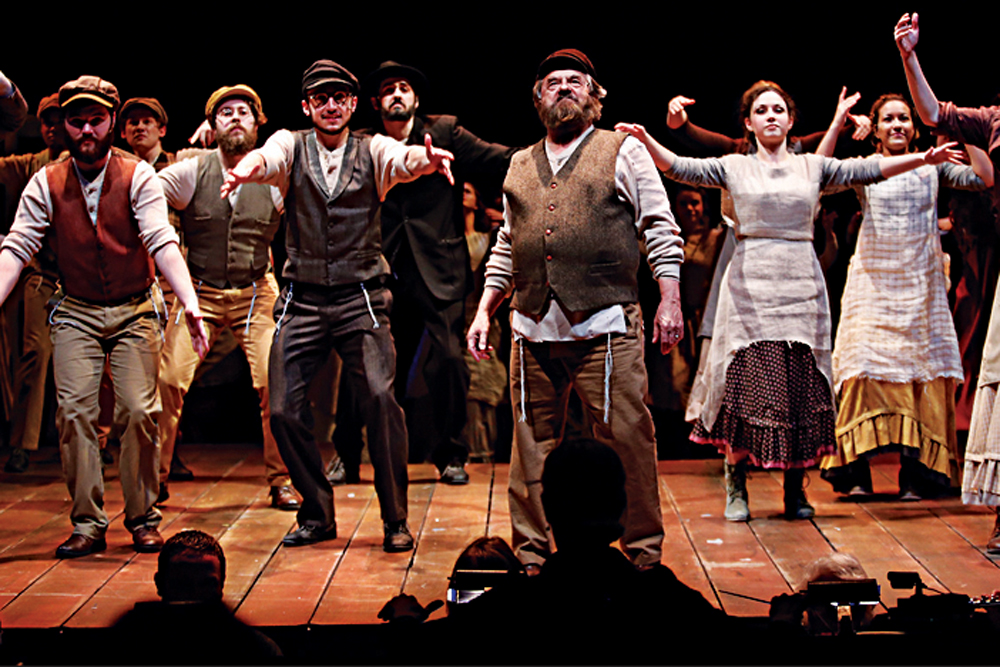From Stage to Screen: Exploring the Impact of Musicals on Entertainment Culture
Musicals have for some time been a loved type of diversion, enamoring crowds with their dynamic exhibitions, essential tunes, and dazzling stories. As a classification that consistently incorporates music, dance, and narrating, musicals have not just made a permanent imprint on the stage yet have likewise wandered into the domain of film, contributing essentially to the development of diversion culture.
The change from stage to screen is an intriguing excursion that permits musicals to contact more extensive crowds while protecting their exceptional charms. This transformation cycle, nonetheless, accompanies its own arrangement of difficulties and amazing open doors. At the point when a melodic advances toward the cinema, it goes through a change that can intensify its effect and reclassify how stories are told.
One of the most notorious instances of a melodic’s effective progress to film is “The Sound of Music.” Initially a Broadway show, the film variation featured Julie Andrews and displayed the stunning scenes of Austria. The film’s charming tunes like “Do-Re-Mi” and “My Number one Things” became social standards, rising above ages and becoming inseparable from the delight of melodic narrating.
Musicals on film offer a visual display that expands the material for narrating. The movement, outfits, and set plan can take on an amazing quality, making a world that brings watchers into its charming hug. Baz Luhrmann’s “Moulin Rouge!” is a perfect representation of how a film melodic can wed different music kinds, vivid visuals, and a convincing story to create a tactile rich encounter.
Besides, film transformations of musicals frequently have the ability to present the wizardry of live venue to crowds who probably won’t have gotten the opportunity to go to a phase creation. Works of art like “Chicago” and “Les Misérables” have brought the fervor and energy of theater to a worldwide crowd, cultivating a restored interest in both stage and screen exhibitions.
The effect of musicals on diversion culture isn’t restricted to their realistic variations alone. Musicals can investigate complex topics, challenge cultural standards, and give social critique in a way that resounds profoundly with crowds. Whether it’s “Lease” tending to the Guides emergency or “Hamilton” rethinking American history, musicals keep on being a stage for imaginative articulation and reflection.
All in all, the impact of musicals on amusement culture is obvious. From the stage to the screen, these exhibitions epitomize the human experience, joining music, dance, and story to make an exceptional type of imaginative articulation. As the tradition of musicals keeps on developing, we can guess that they will keep on charming, motivate, and dazzle crowds for a long time into the future.
